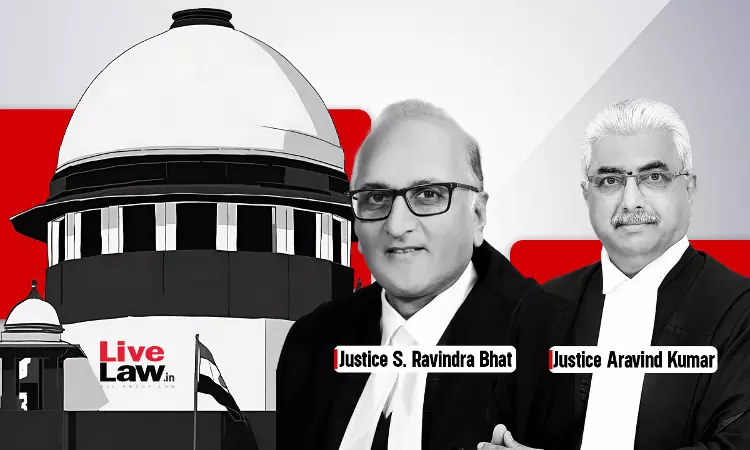The Supreme Court recently issued notice to the Union of India on the question of formulating appropriate guidelines for the uniform issuance of these vital documents through digital means. This order was passed in a case where the court was considering the re-evaluation of the sentence of a convict in a corruption case due to his old age.The Court ordered: “Issue notice to the Union of...

